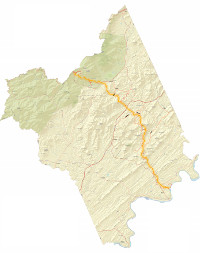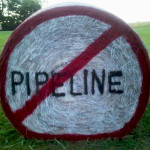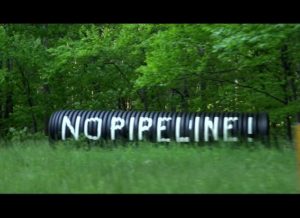by Mary Eiserman | Jan 7, 2024 | Citizen Activism, Economy, Recycling
Deposit return systems and bottle bills contribute to higher rates of recycling.
Report: Bottle bill states recycle more, provide models (resource-recycling.com)
Nine of the 10 states with the highest recycling rates have deposit return systems, and that bottle bill states also contribute a higher percentage of packaging that is recycled in the U.S.
The 10 states with the highest recycling rates, excluding fibers and flexible plastics, in 2021 were: Maine (65%); Vermont (51%); Massachusetts (48%); Iowa (45%); Oregon (45%); New York (44%); California (41%); Michigan (40%); New Jersey (39%); and Connecticut (39%).
The 10 states with the lowest recycling rates were: West Virginia (2%); Louisiana (4%); Tennessee (5%); Alaska (6%); South Carolina (6%); Mississippi (6%); Oklahoma (8%); Alabama (8%); Texas (8%); and Colorado (11%).
If you would like more fiber for thought;
Research finds recoverable fiber lost to US landfills (resource-recycling.com)
Findings that a larger share of fiber is landfilled than is typically reported suggests an opportunity to increase capture. Data could serve as a wake-up call for the economic opportunity presented by increasing fiber capture rates. “Not only are we throwing away valuable resources, we are paying for it in tipping fees,” Milbrandt said.
by Mary Eiserman | Jun 30, 2023 | Board of Supervisors, Citizen Activism
Did you know that Nelson County is currently working on a new comprehensive plan that will keep the county’s long term vision in focus into the year 2042?
The comprehensive plan is a ‘road map’ document used by local government and citizens that guides decisions in the county. Important topics such as development, land use, amenities, transportation, housing, and the economy are covered. The plan outlines strategies to achieve that vision. Though it does not carry the same weight as zoning regulations or laws, it does help guide decisions to ensure consistency with the community’s vision. The Implementation Chapter in the Comp Plan states the following: “The Board of Supervisors and staff should consider the recommendations of the Comprehensive Plan when preparing the annual budget. The budget works in conjunction with the Comprehensive Plan to move the County towards a thriving and productive future. Communities can strengthen the link between the annual budget and Comprehensive Plan by documenting how the budget and proposed capital projects align with the Plan.”
Nelson county’s new plan is currently in the development and review phase. Once accepted by officials, the plan is a legal statement of community policy in regard to future development. The summer of 2023 offers opportunities for draft review and final revisions prior to public hearings and adoption in the fall.

Draft documents can be found and reviewed here (https://www.nelson2042.com/document-library ). Comments can be submitted at the same webpage, or directly to your county supervisor.
Friends of Nelson is dedicated to a future that preserves our natural heritage, protects property rights and values, and promotes a healthy, prosperous future for all citizens in Nelson County, VA.







